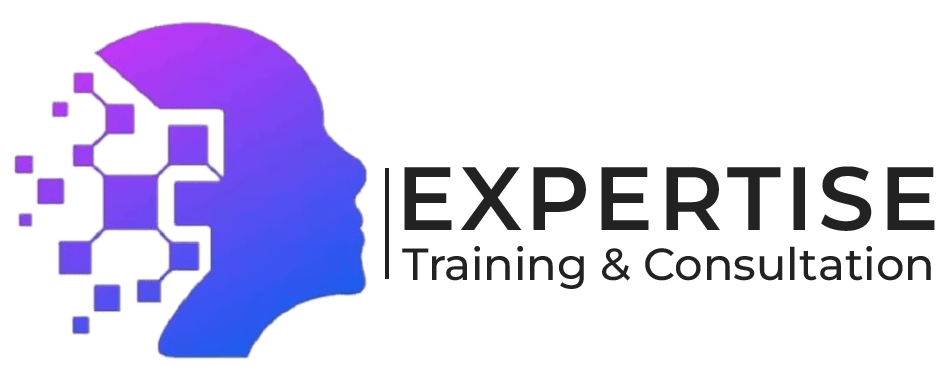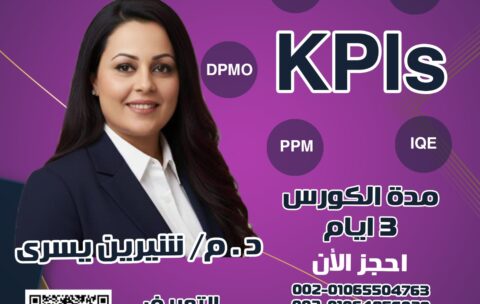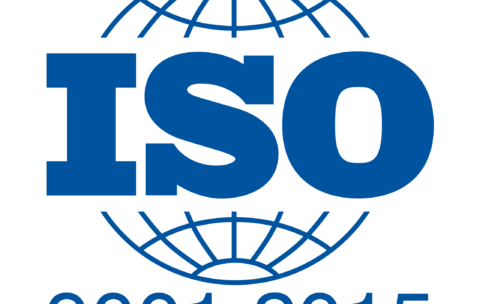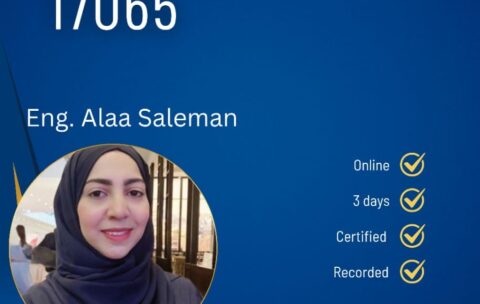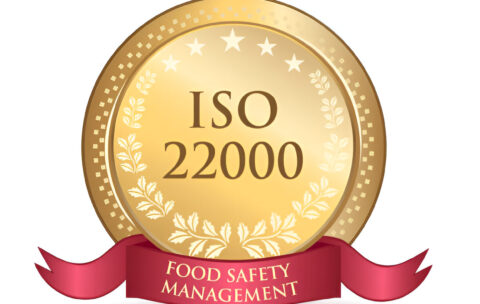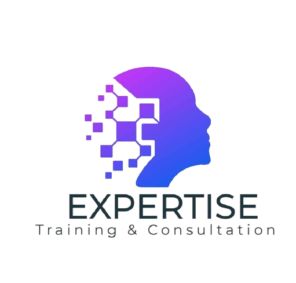What you'll learn
What Will You Learn?
AQL Fundamentals
What AQL is and why it is used in quality inspection
When to apply AQL vs. 100% inspection
ISO 2859-1 Standard
Structure and purpose of ISO 2859-1
Key terminology: AQL, Lot size, Sample size, Acceptance & Rejection numbers
Inspection Levels
Difference between General Inspection Levels (I, II, III)
Difference between Special Inspection Levels (S1–S4)
How to choose the correct inspection level
Sampling Plans
Single, Double, and Multiple sampling plans
How to select the correct sampling plan
AQL Tables (Step-by-Step)
How to determine code letters
How to read AQL tables correctly
How to make accept/reject decisions
Defect Classification
Critical, Major, and Minor defects
Setting AQL values for each defect type
Practical Exercises
Real inspection scenarios
Hands-on practice using AQL tables
Common mistakes and how to avoid them
Industry Applications
Using AQL in manufacturing, suppliers, and audits
Linking AQL with Quality Management Systems
By the end of the workshop, you will be able to:
✔ Confidently apply AQL in real inspections
✔ Select the correct sampling plan
✔ Make accurate accept/reject decisions
✔ Communicate inspection results professionally
What you'll learn
Learn how to design, measure, and analyze KPIs aligned with business strategy to improve performance and support informed decision-making.
ISO 9001 : 2015
This course will equip participants with the knowledge and skills …
What you'll learn
Build efficiency, reduce waste, improve quality, and make jobs safer and more fulfilling.
Explain the purpose and intent of the ISO 9000 series of Standards.
Describe the requirements of ISO 9001:2015.
Explain the relationships between the clauses of ISO 9001:2015.
Describe the role of internal audit in the maintenance and improvement of management systems.
Explain the purpose and structure of ISO 9001:2015.
Plan and prepare for an internal audit.
Gather evidence through observation, interview, and sampling.
Write factual reports that help to improve the effectiveness of the management system.
Suggest ways in which the effectiveness of corrective action might be verified.
What you'll learn
Explain the meaning of Total Quality Management concepts and describe its evolution
Identify and describe the key components of total quality management (TQM) and understand how organizations approach TQM deployment.
Recognize the application of the different TQM tools and methods within the different departments and functions in an organization
Adopt TQM as a fundamental business strategy
Communicate the importance of customer focused TQM
Implement a business strategy driven by TQM
Describe tools for identifying and solving quality problems.
Accomplish the cultural transformation necessary for successful implementation of total quality practices
What you'll learn
🔎 هل ترغب في فهم كيف تؤثر الأنشطة اليومية أو الصناعية على البيئة؟
📉 هل تبحث عن طرق عملية لخفض الانبعاثات الكربونية في مؤسستك؟
انضم إلينا في هذا الويبنار التفاعلي للتعرف على:
✅ مفهوم البصمة الكربونية وأهميتها
✅ طرق قياس الانبعاثات الكربونية
✅ استراتيجيات وتقنيات خفض البصمة الكربونية
✅ أمثلة من الواقع وتطبيقات عملية
✅المحاضر : ا. د. الهام فاروق محمد
https://lnkd.in/dAiTmZyB
🗓️ التاريخ: 27 يوليو ٢٠٢٥
⏰ الوقت: ٧ م بتوقيت القاهرة
📍 المكان: عبر منصة Google meet
🎓 الفئة المستهدفة: المهتمون بالاستدامة والبيئة، مسؤولو الجودة، وطلاب الهندسة والعلوم البيئية
📜 شهادة حضور مجانية
ISO 17065
كورس ISO 17065 – اعتماد جهات منح الشهادات للمنتجات والعمليات …
ISO 22000
Learn about the requirements of ISO 22000:2018 so that you …
What you'll learn
Follow a systematic approach to establish processes that will provide assurance that food or drink that is consumed in accordance with its intended use will not cause harm to your customers
Incorporate the Plan-Do-Check-Act (PDCA) model and risk-based thinking into the management system processes so that you can address risks and make the most of any opportunities
Create a culture where employees are encouraged to take an active role in maintaining food safety and complying with food safety legislation
Use the Hazard Analysis & Critical Control Points (HACCP) system and guidelines to ensure that food is safe and suitable for consumption
- 1
- 2
